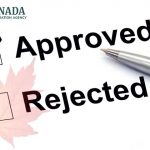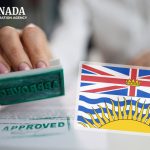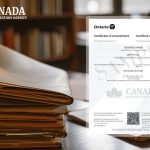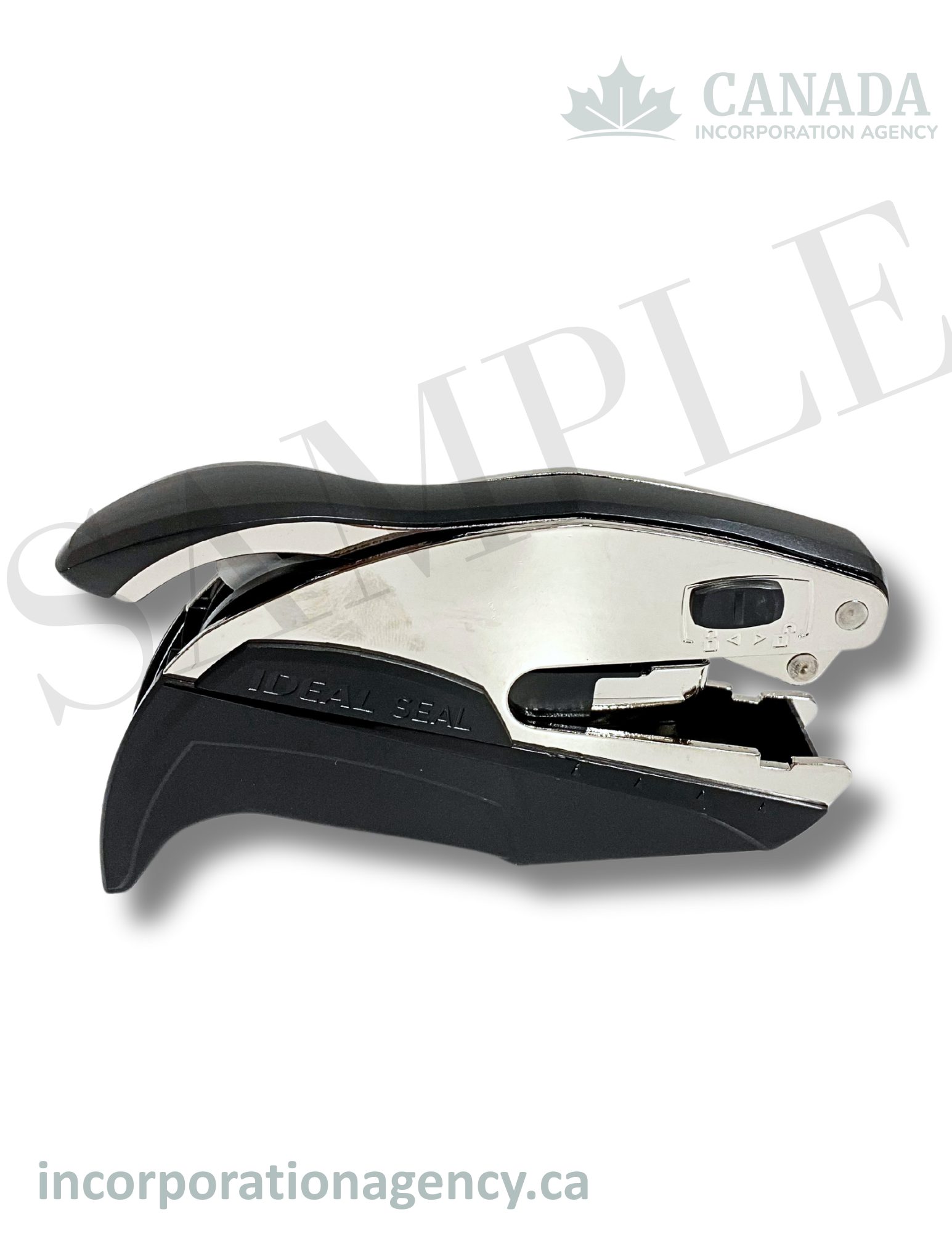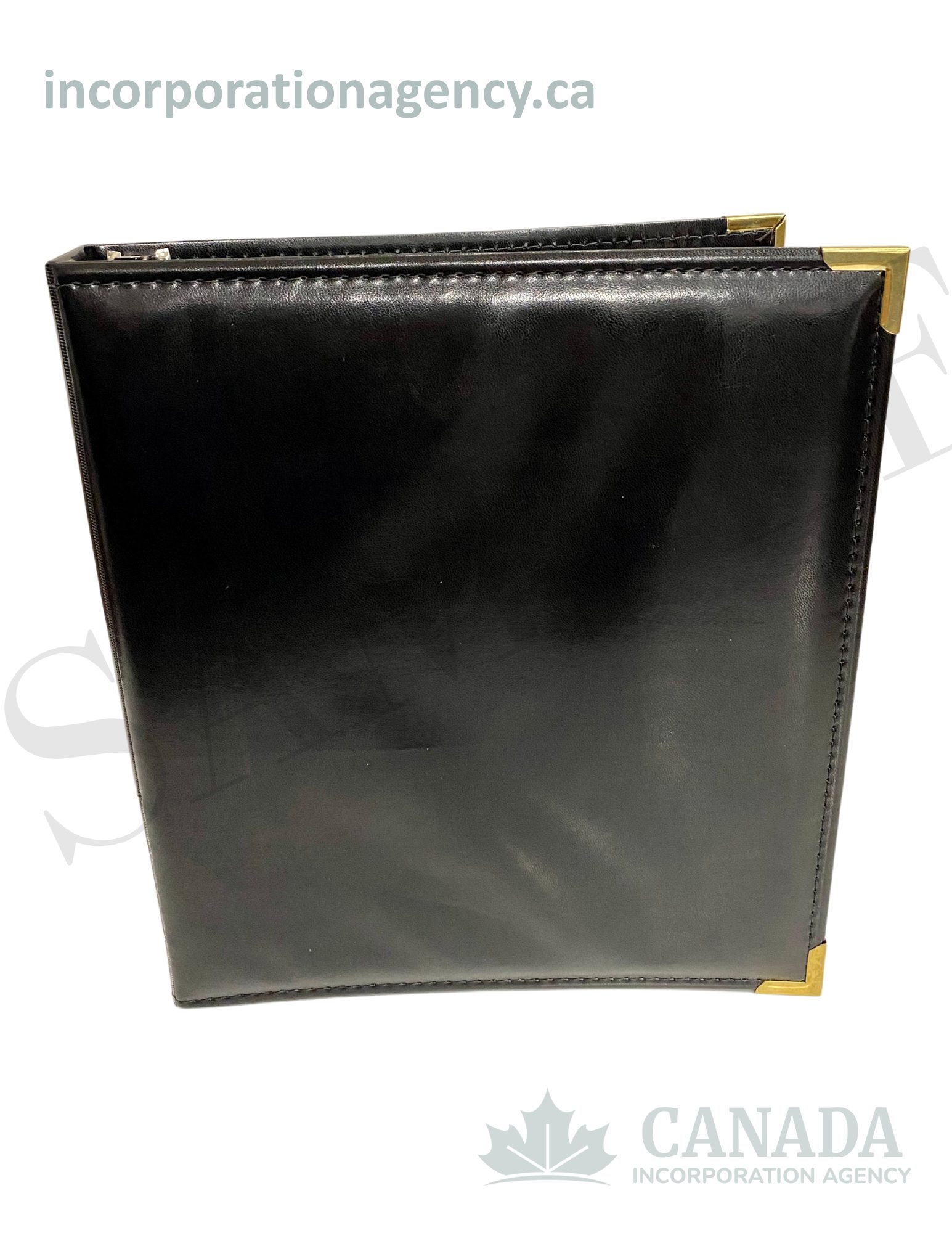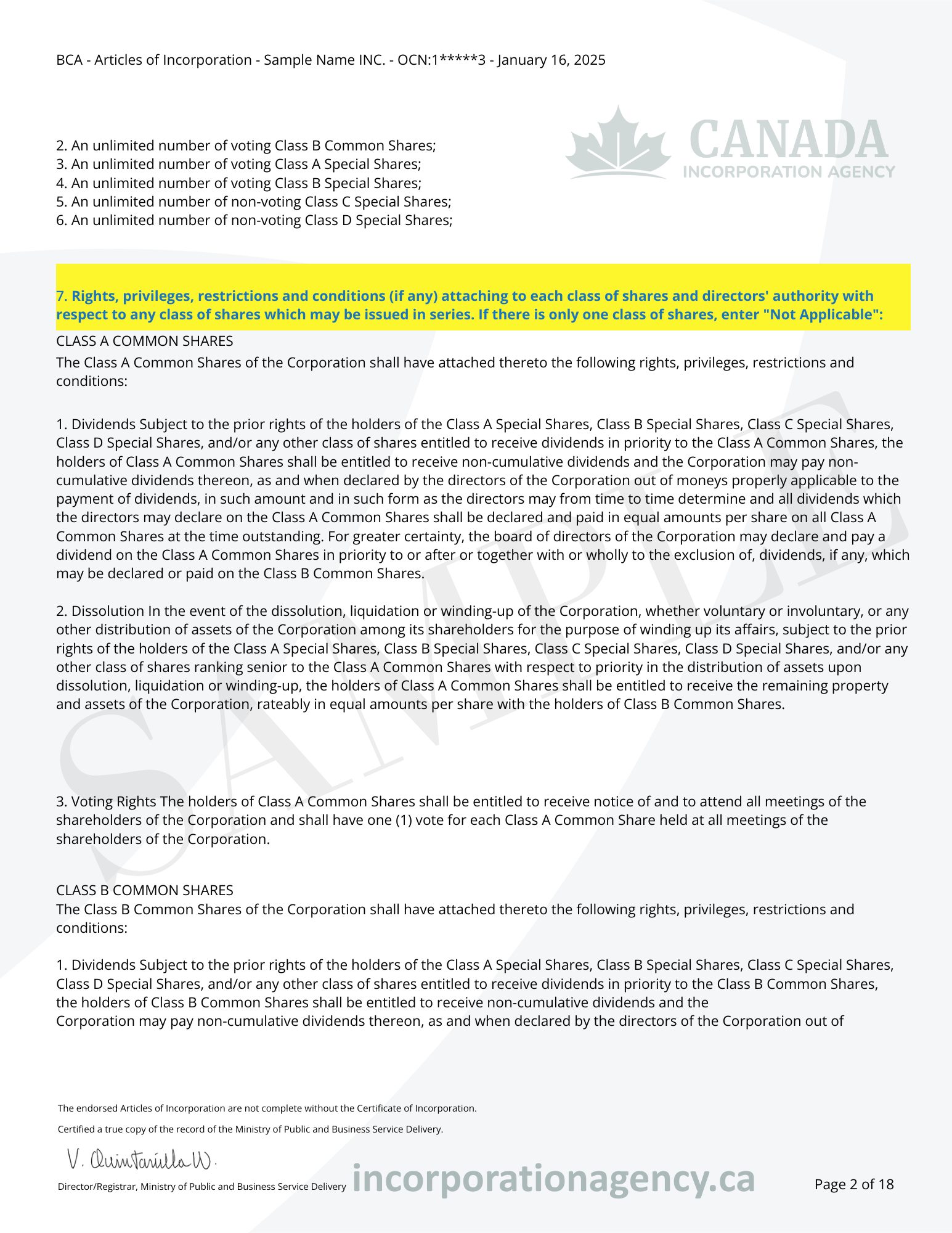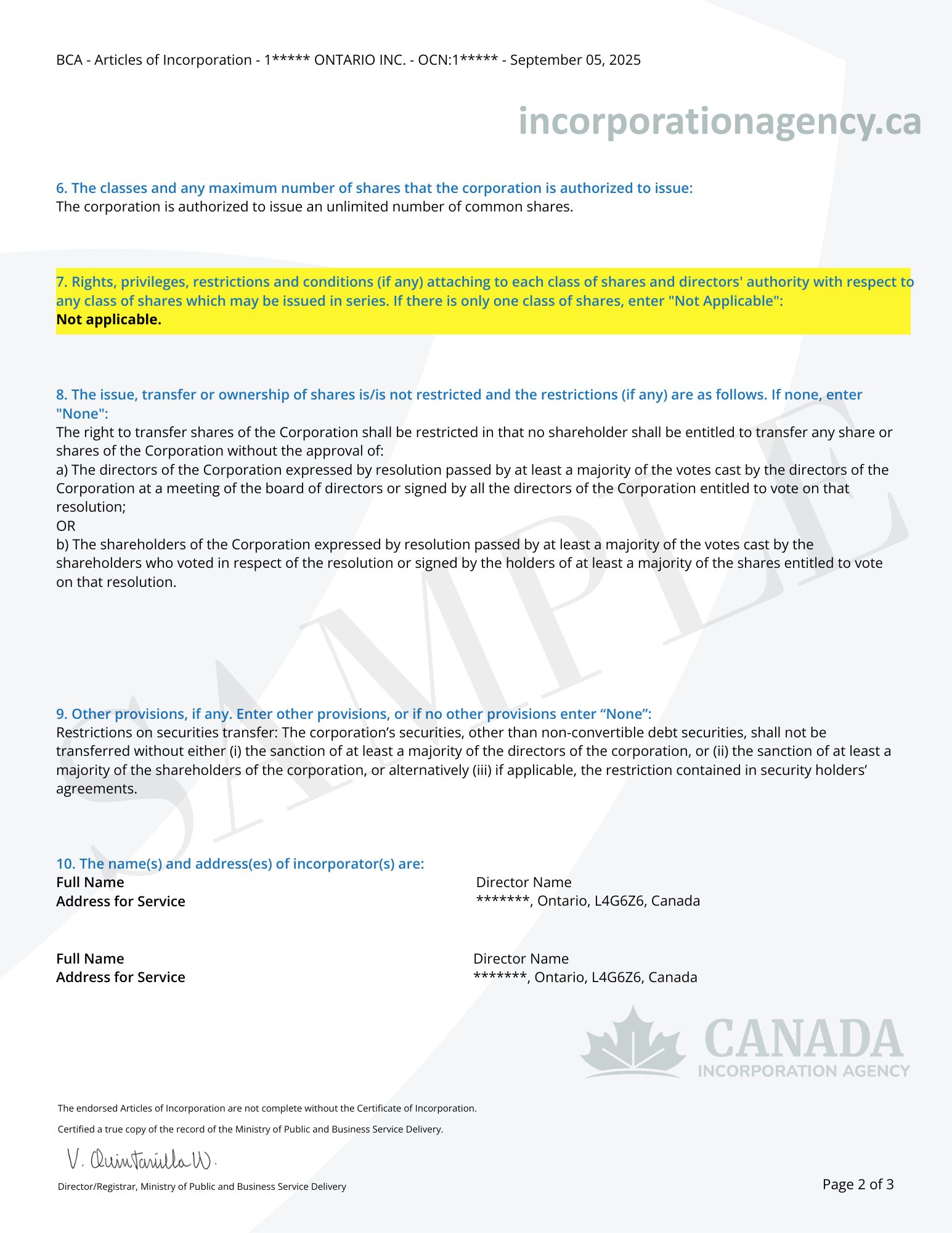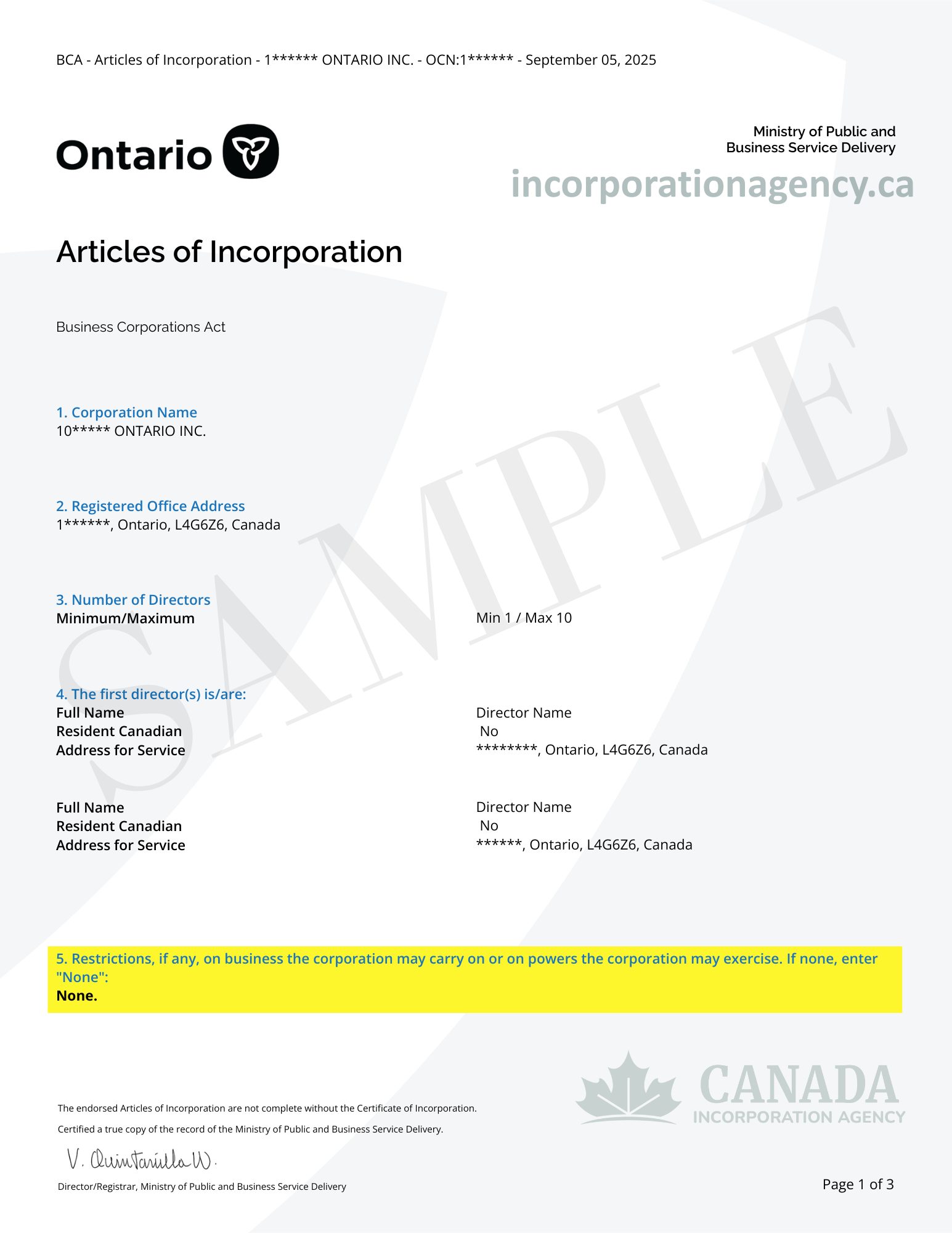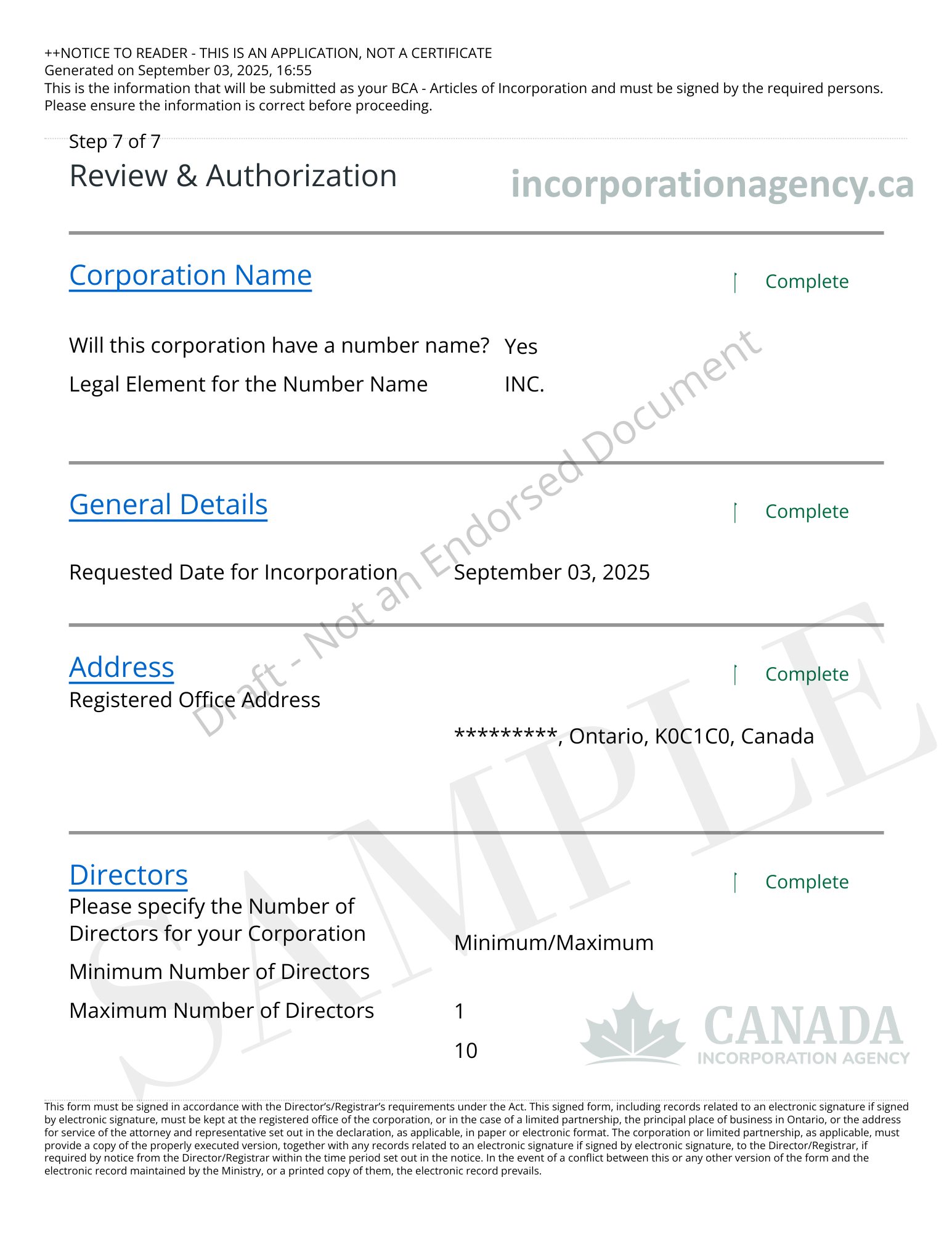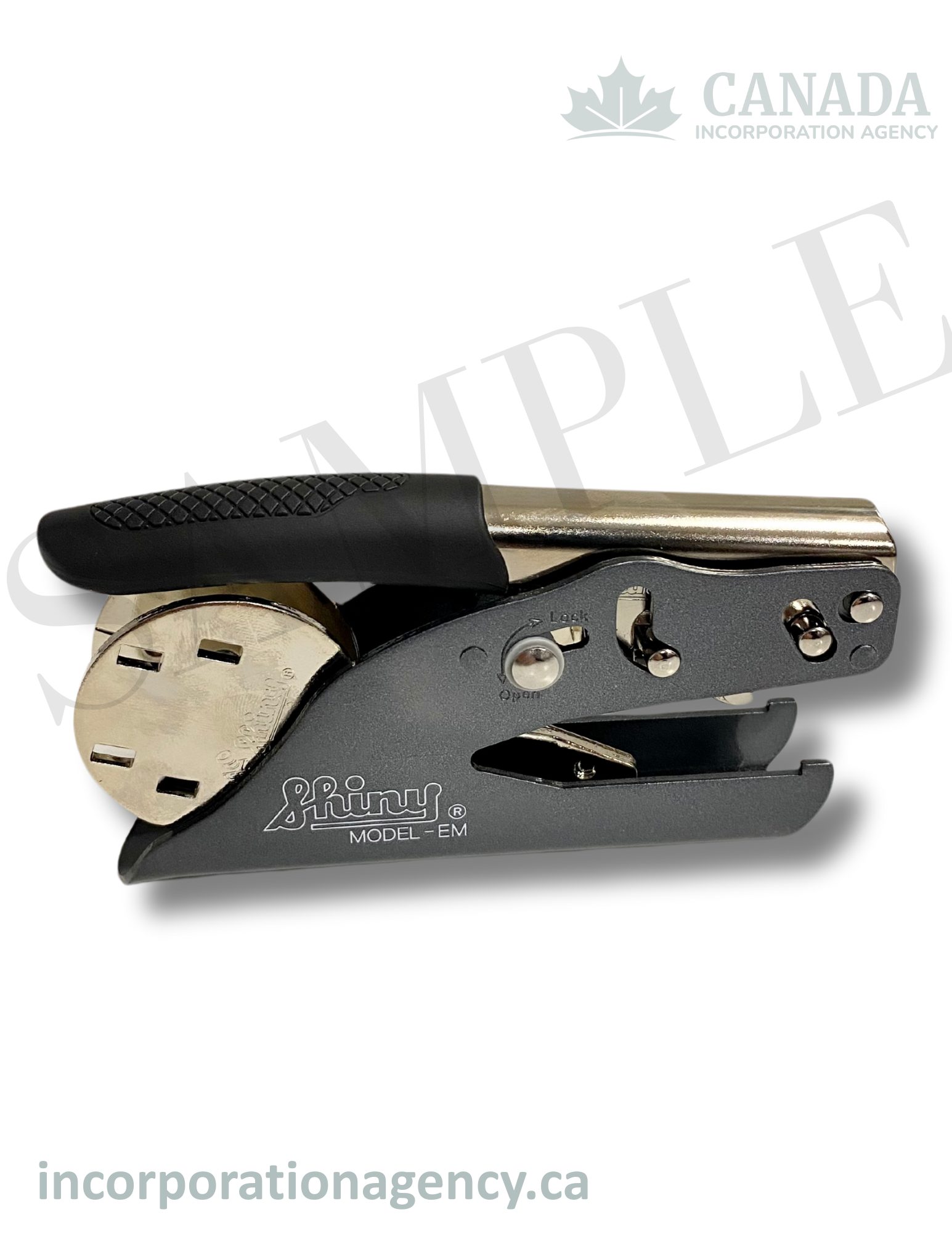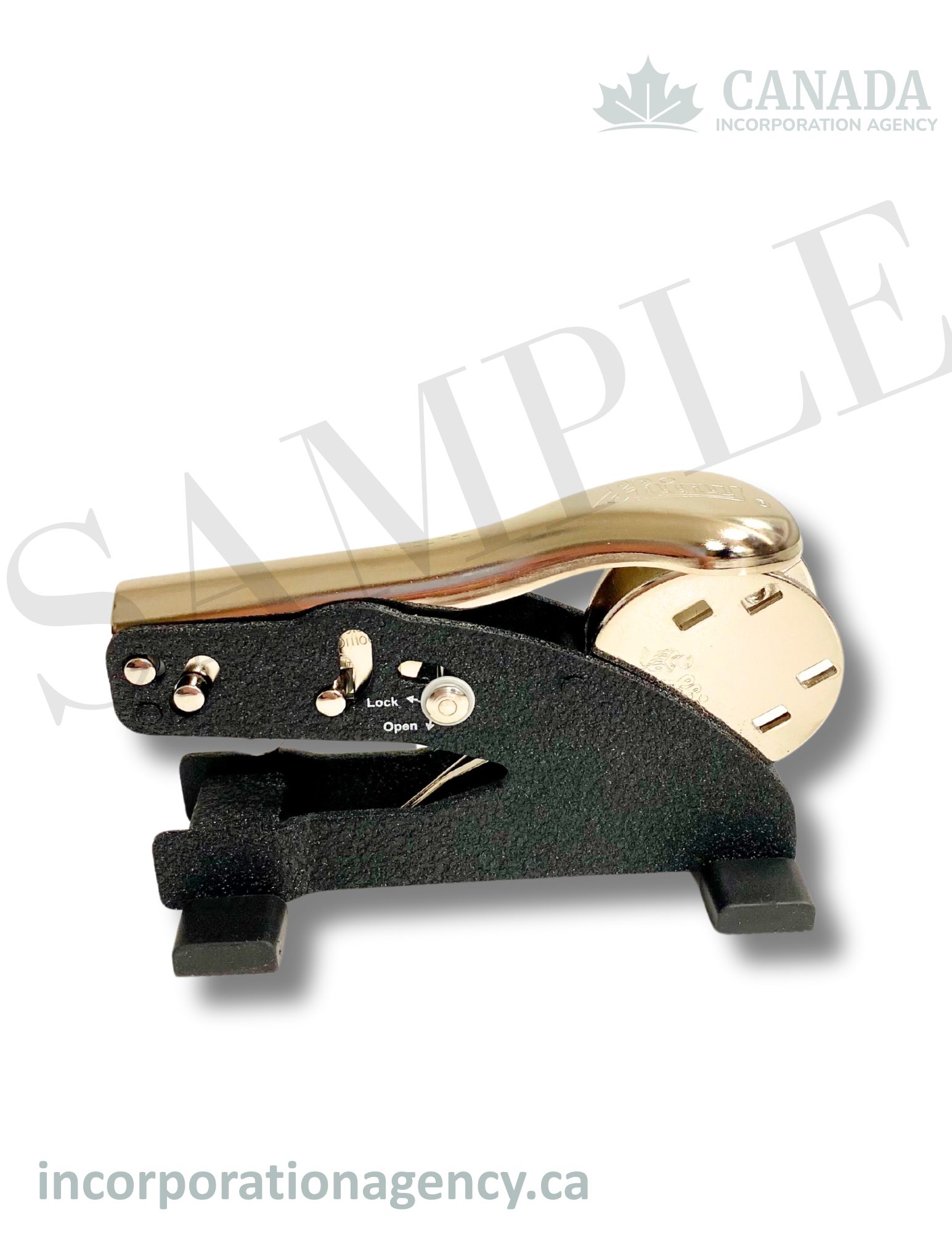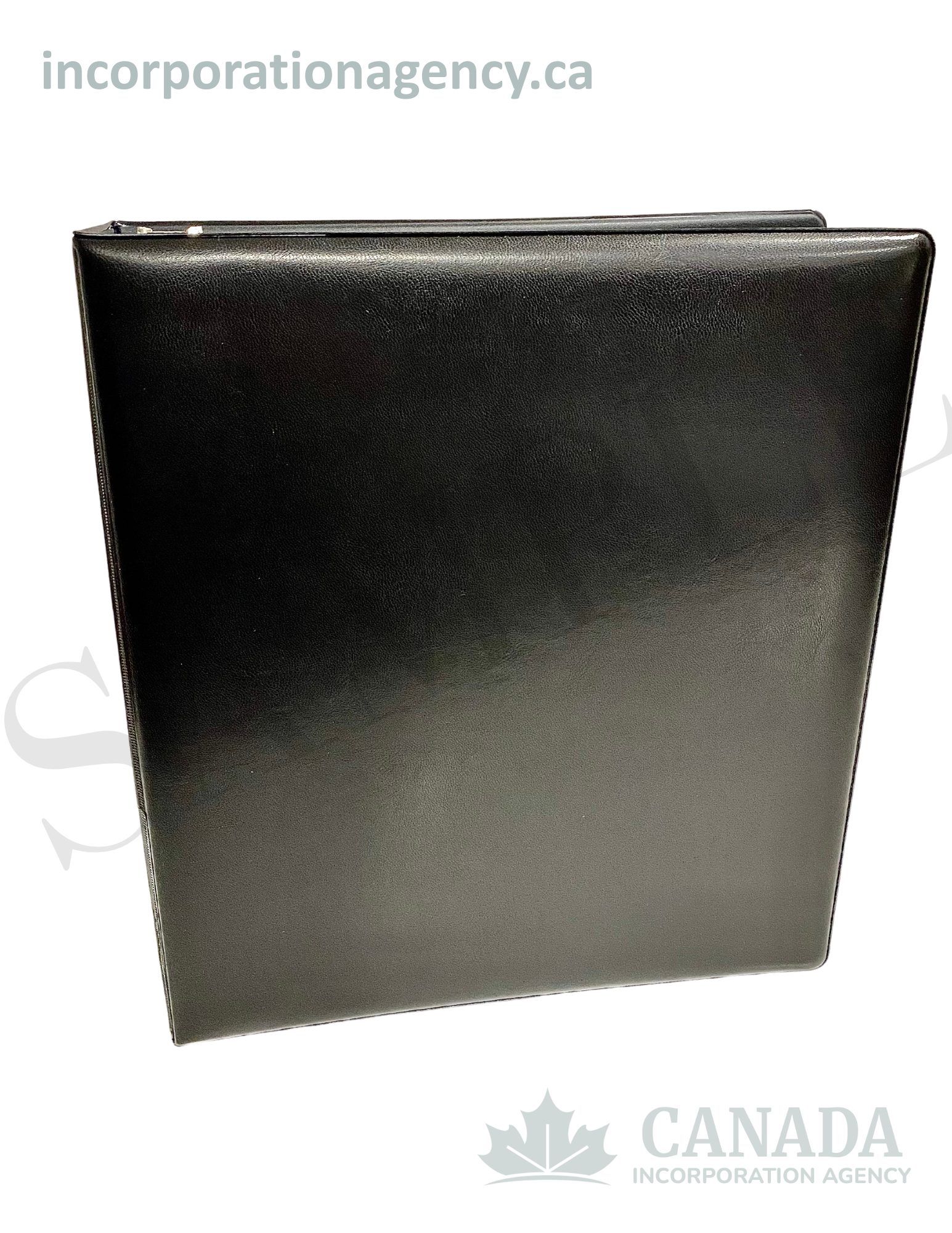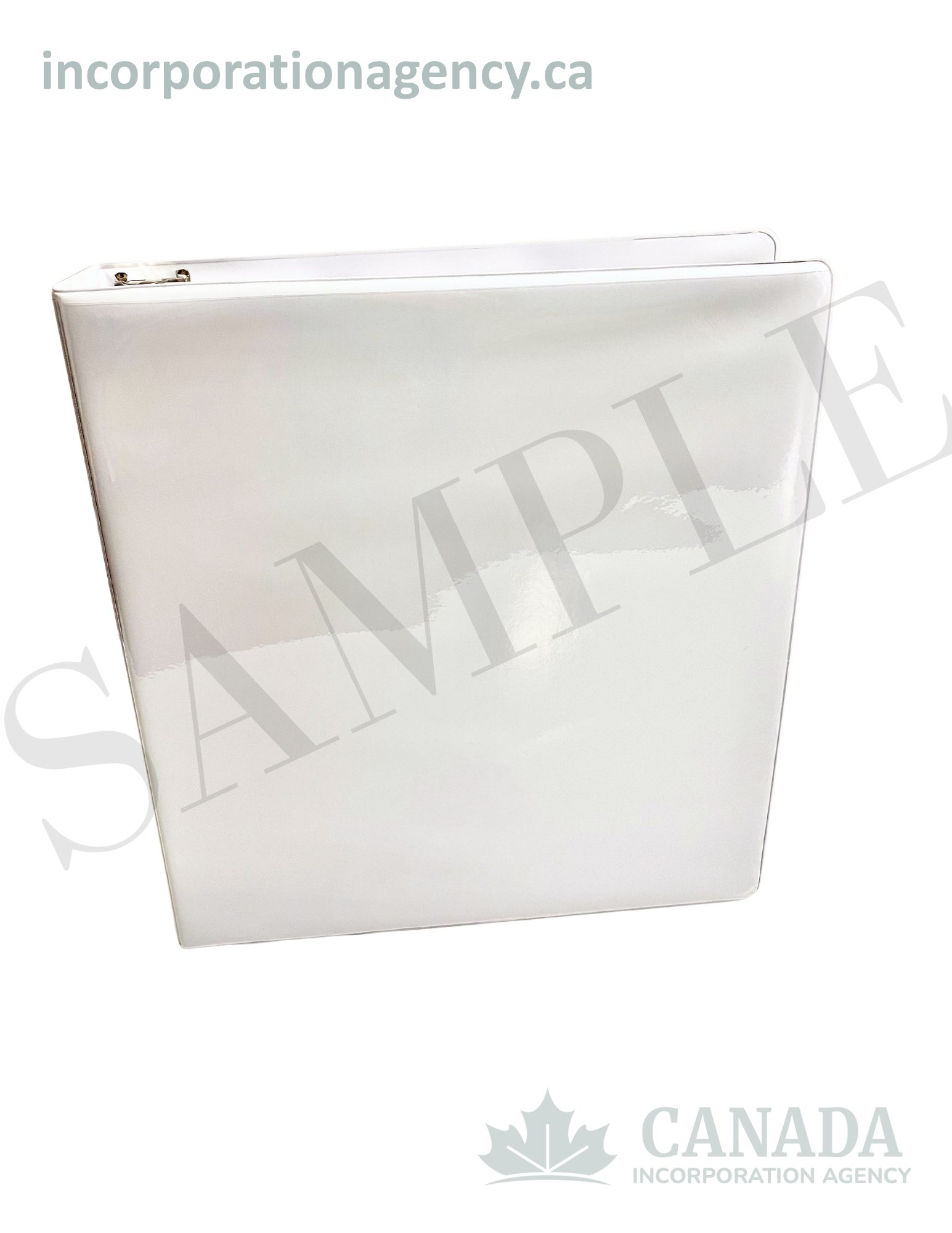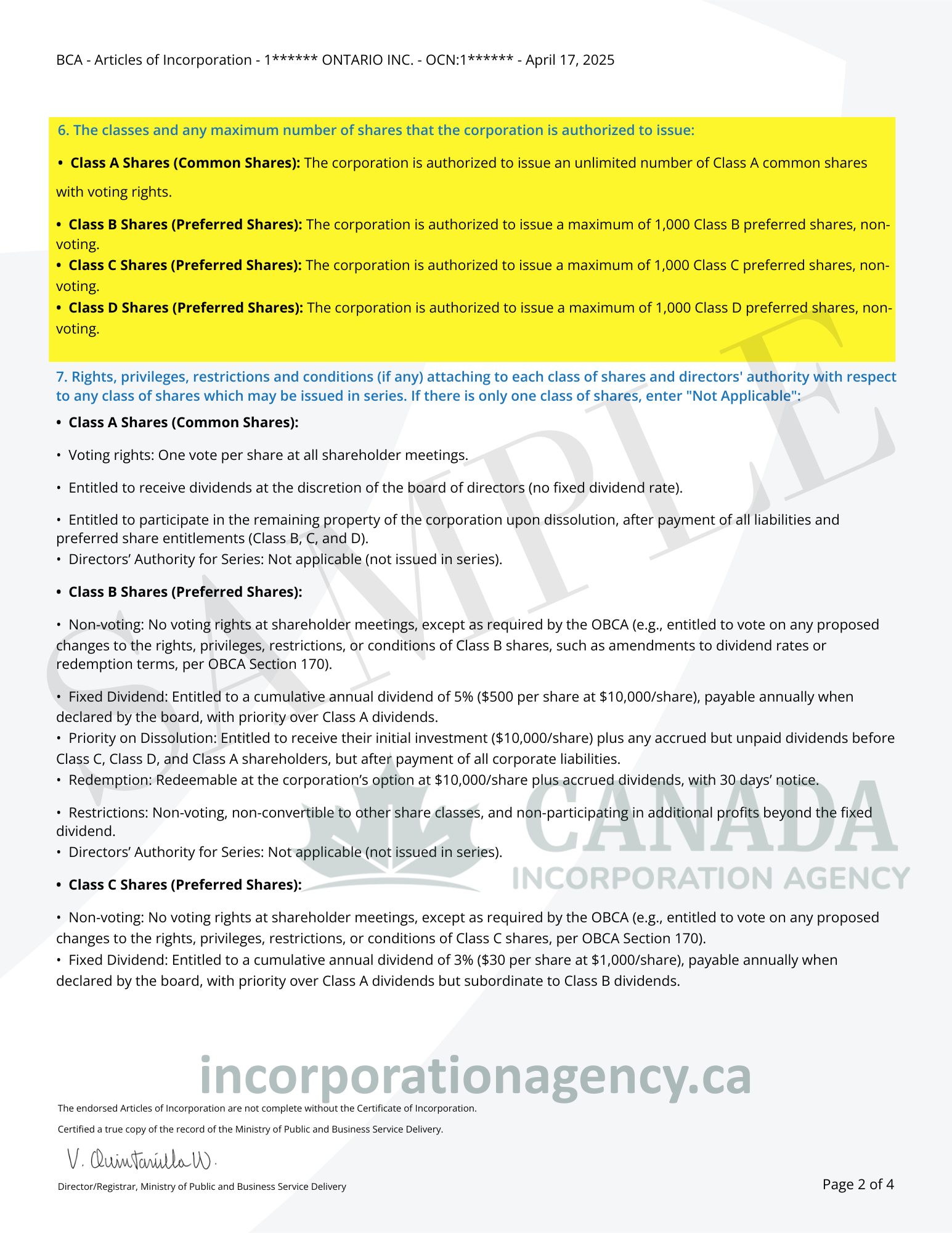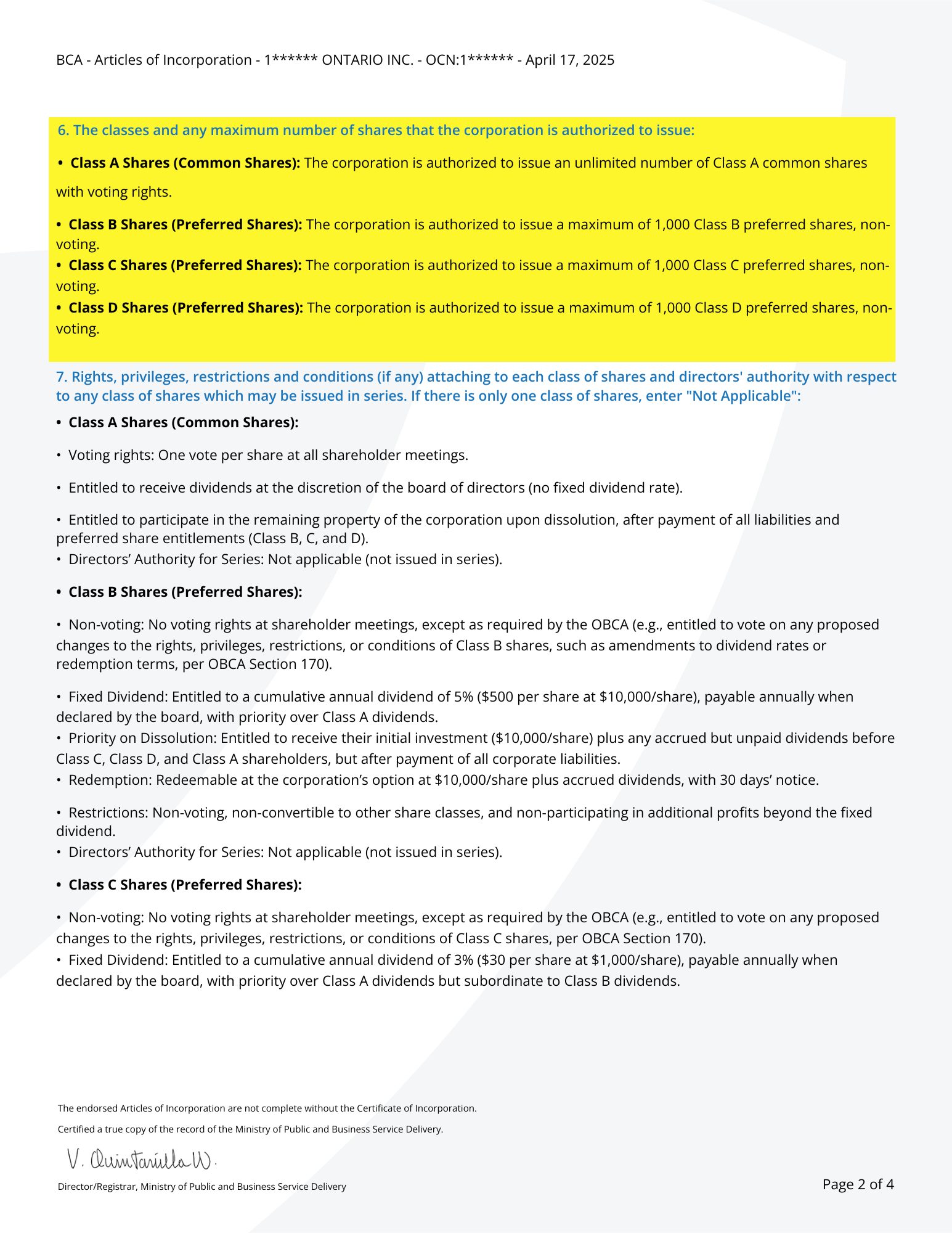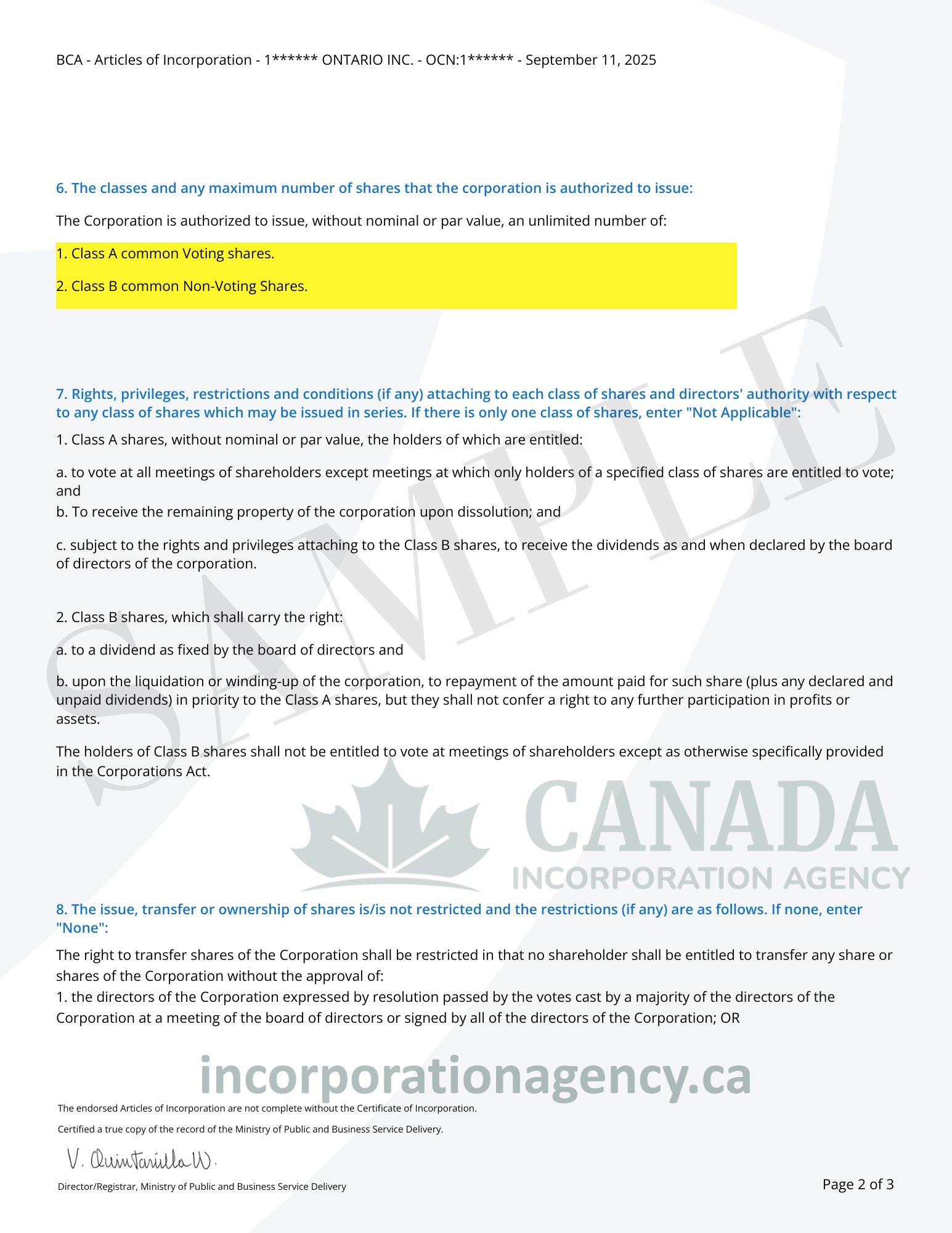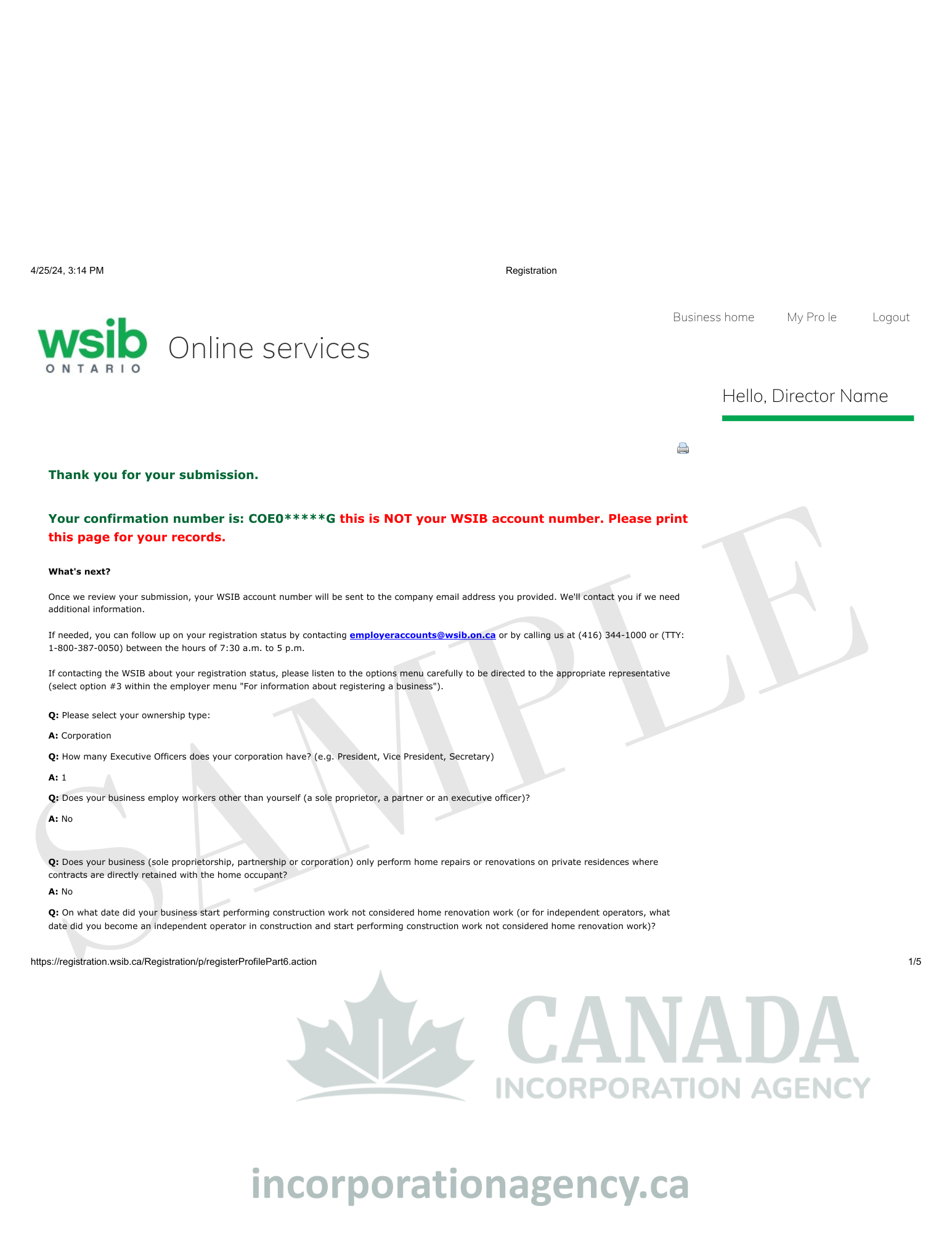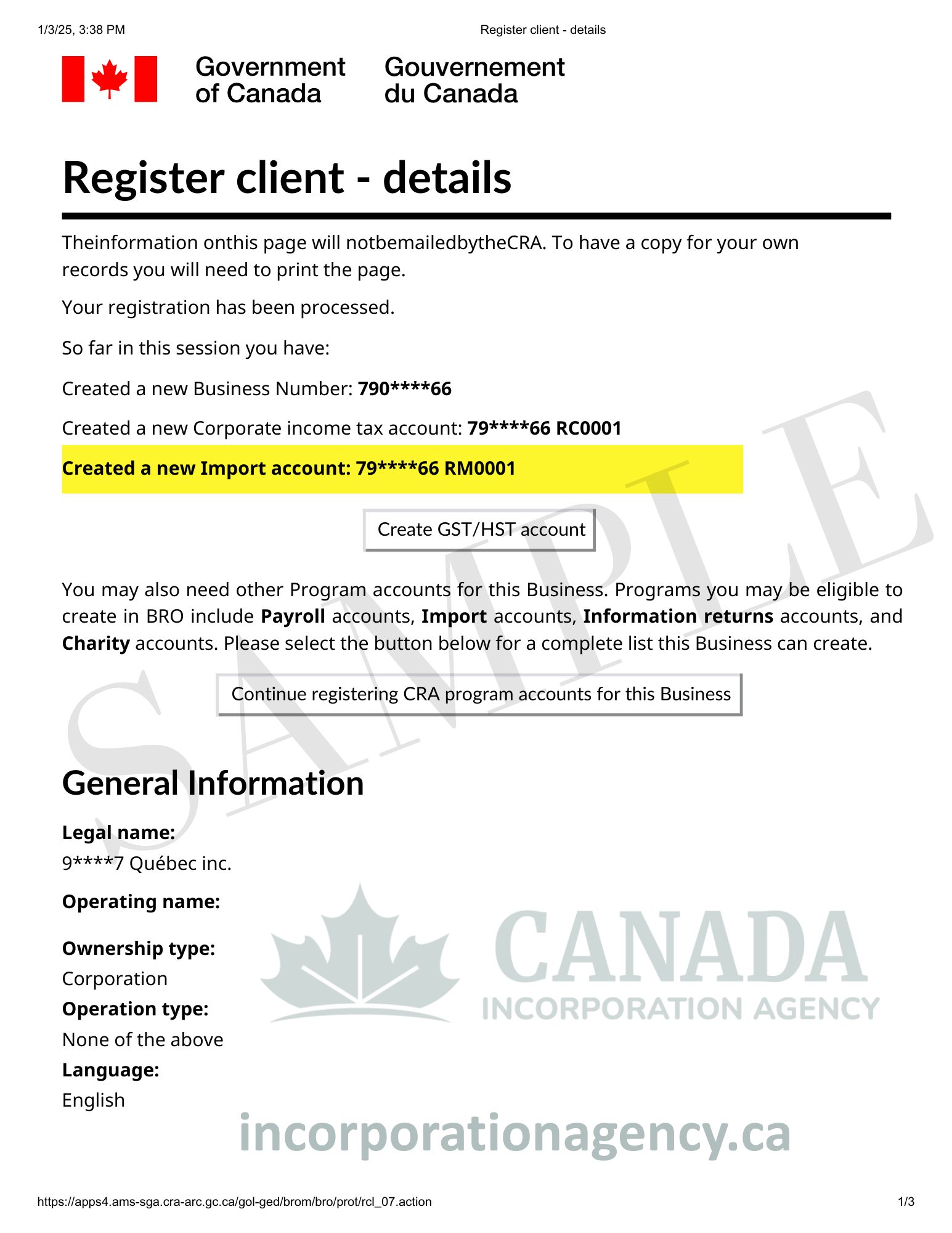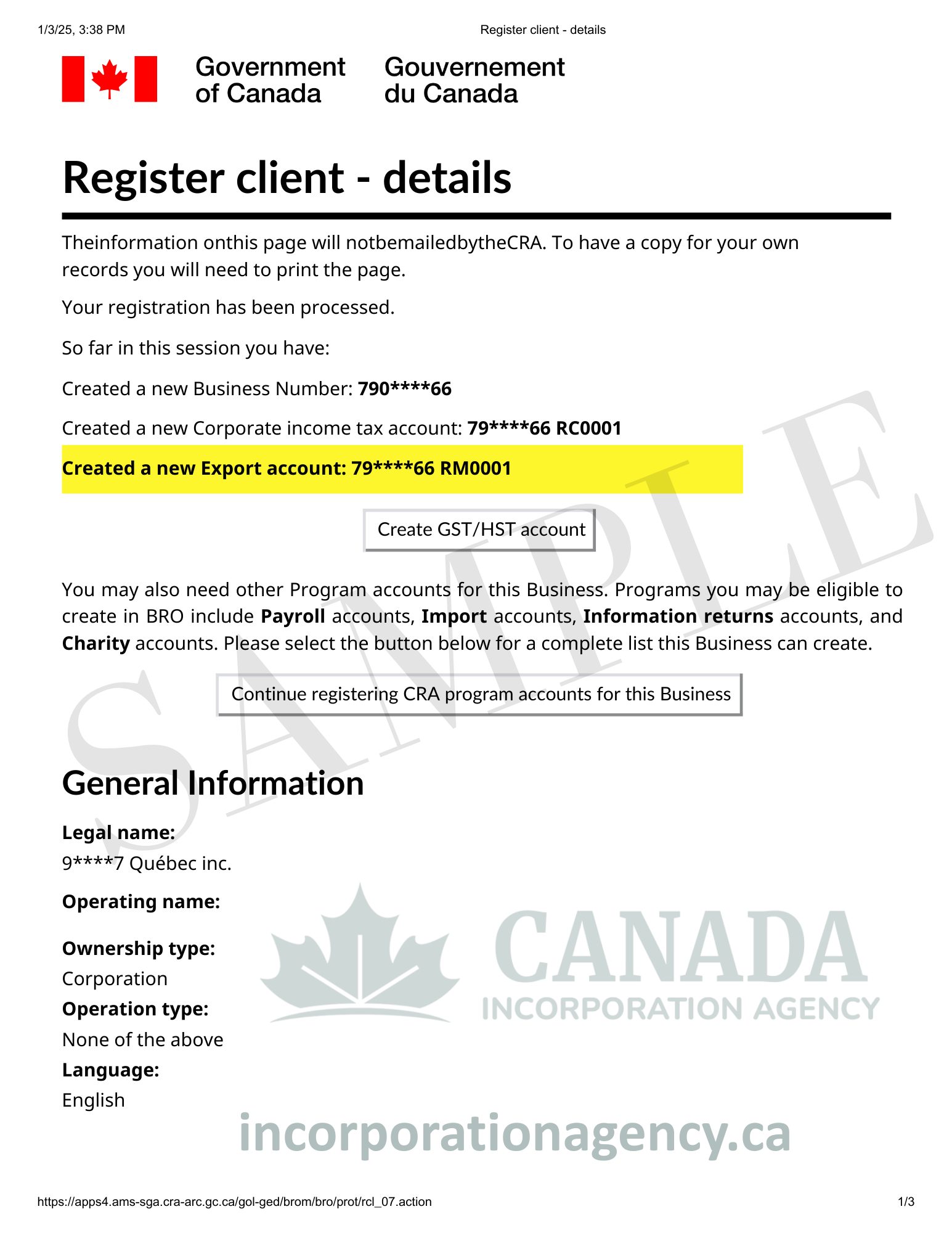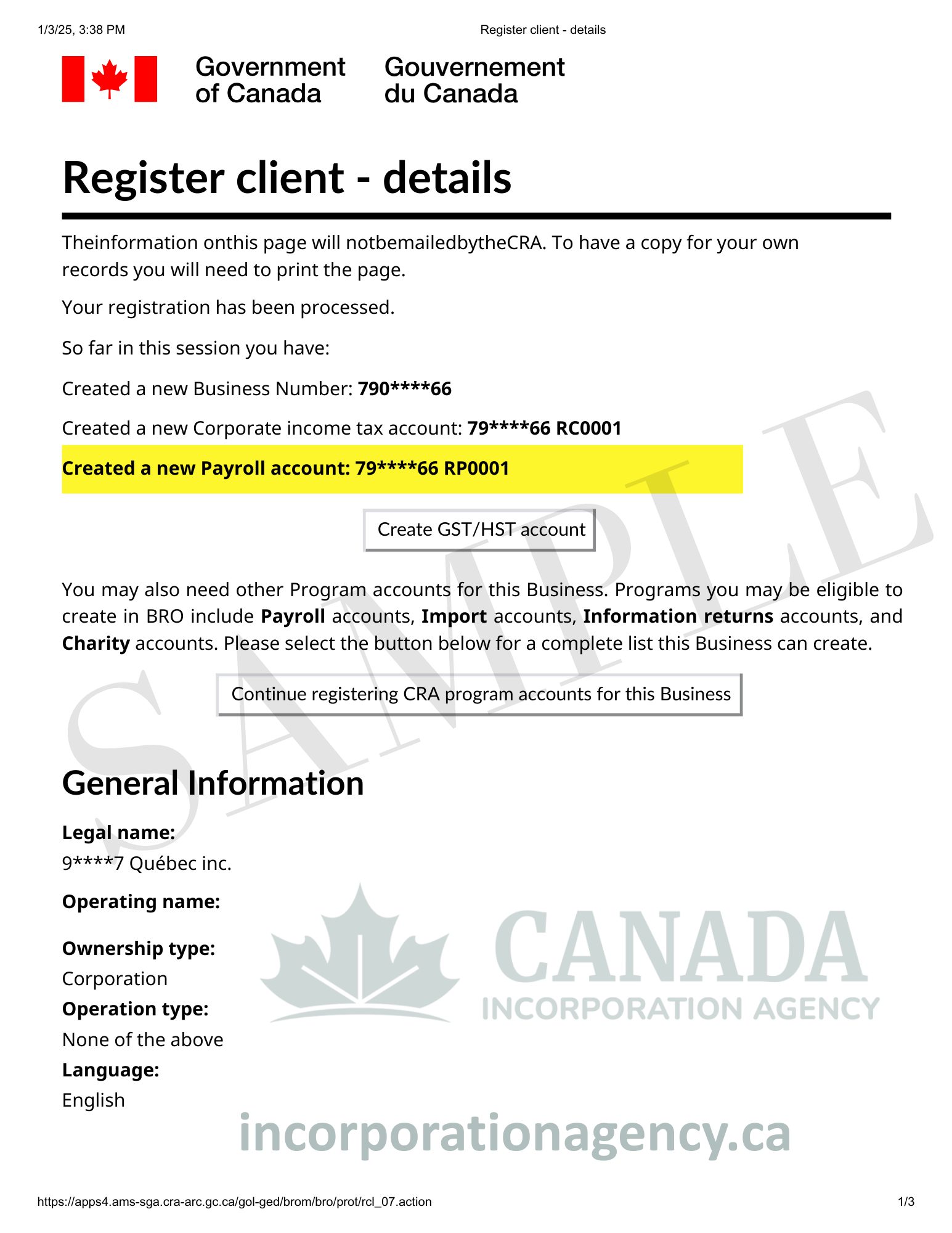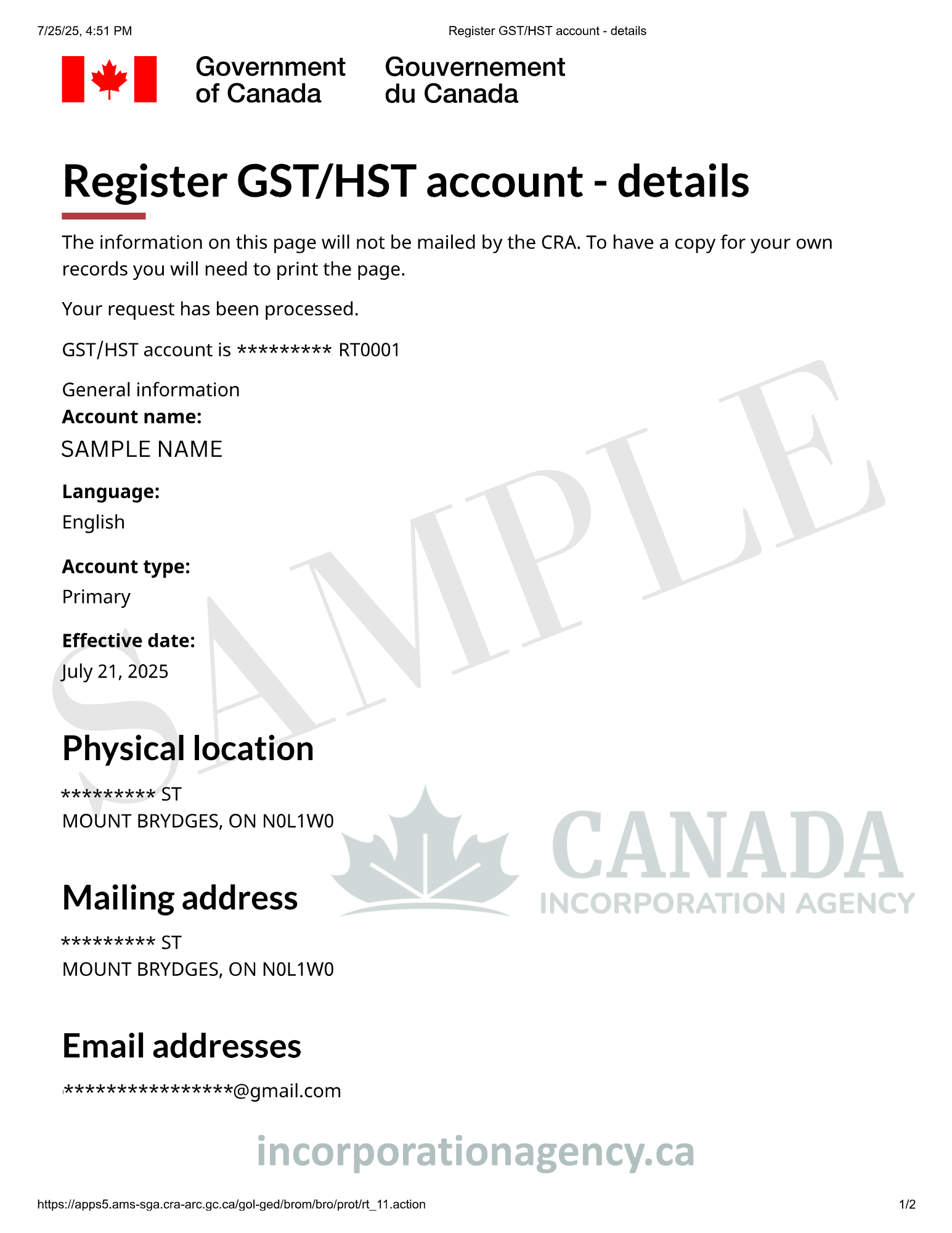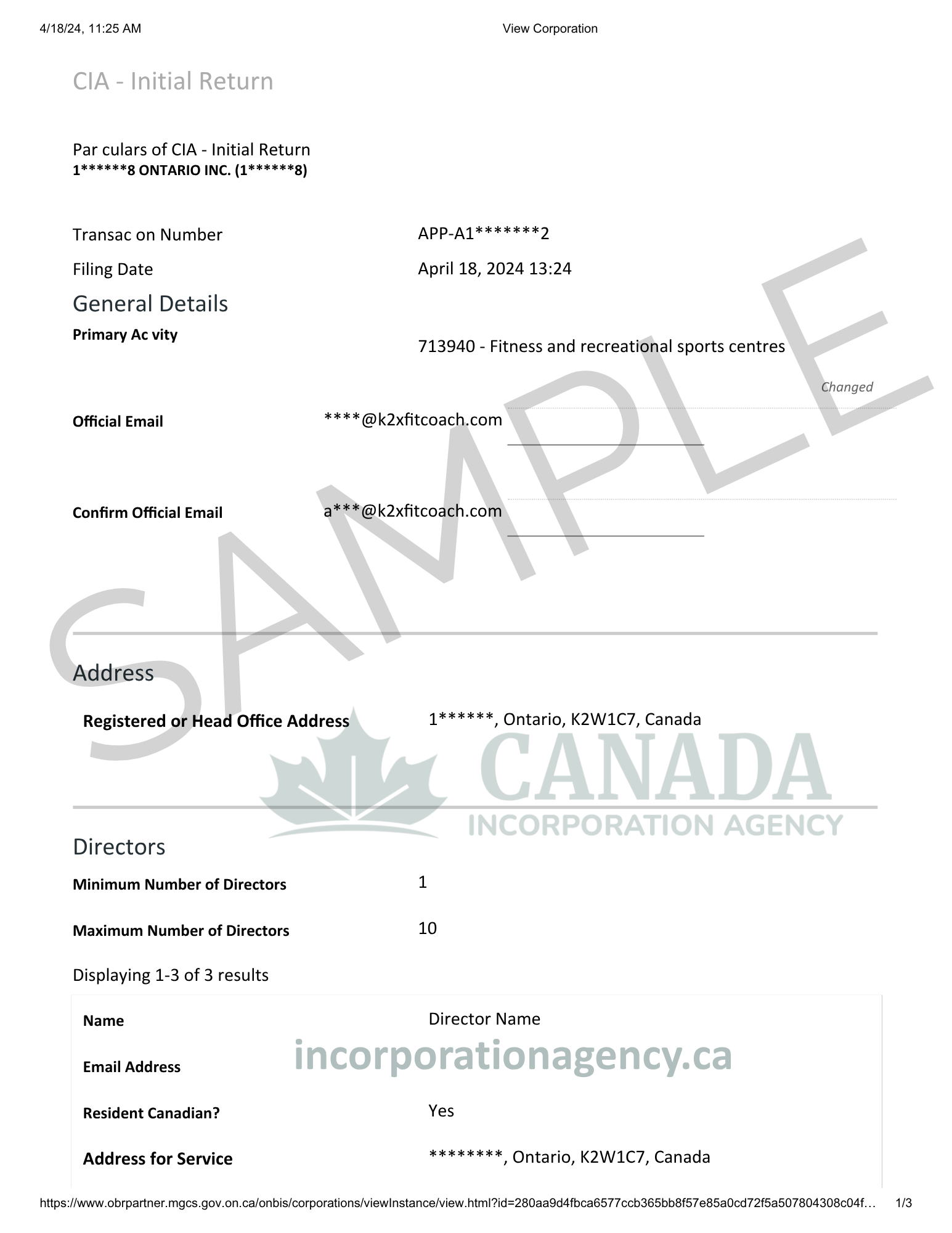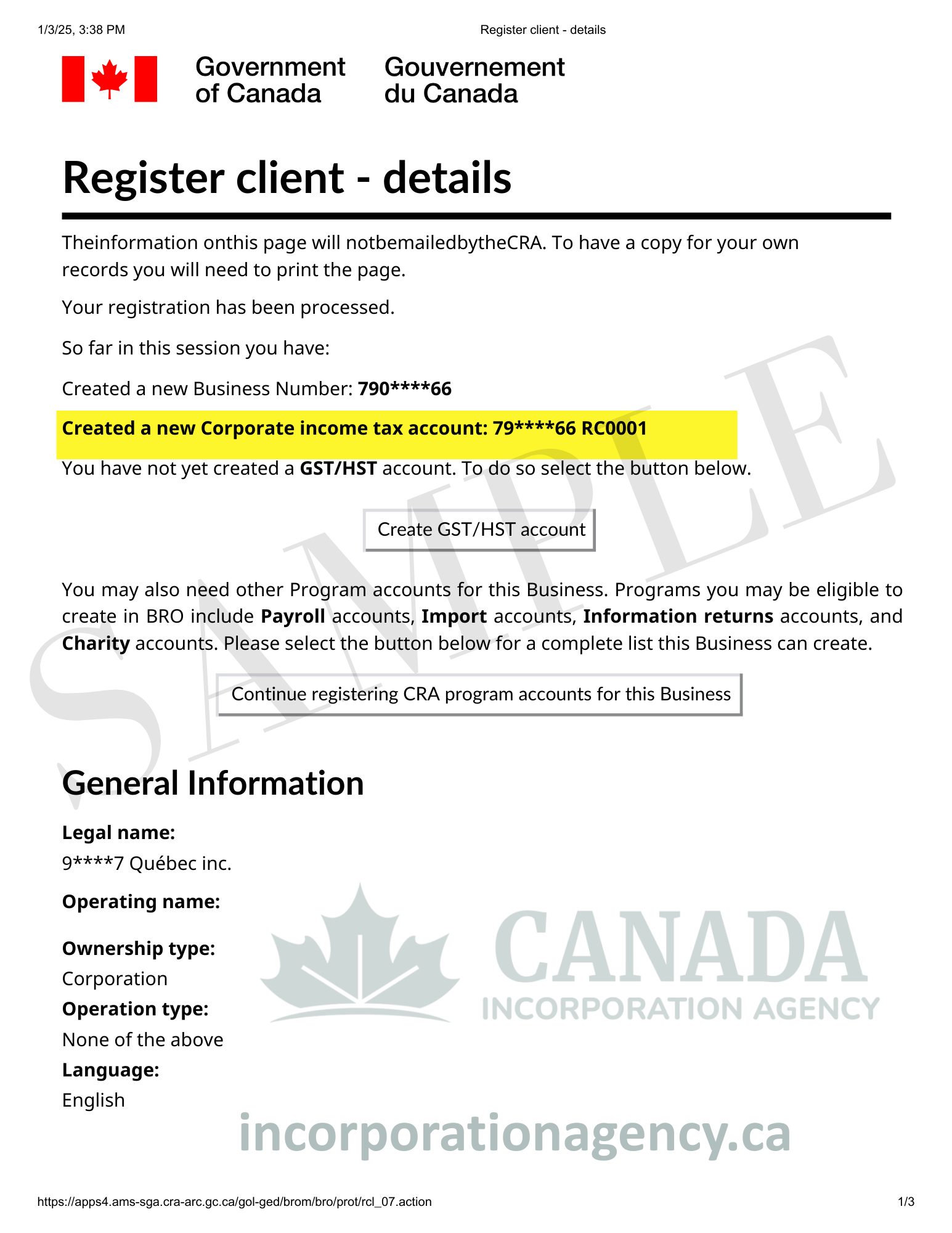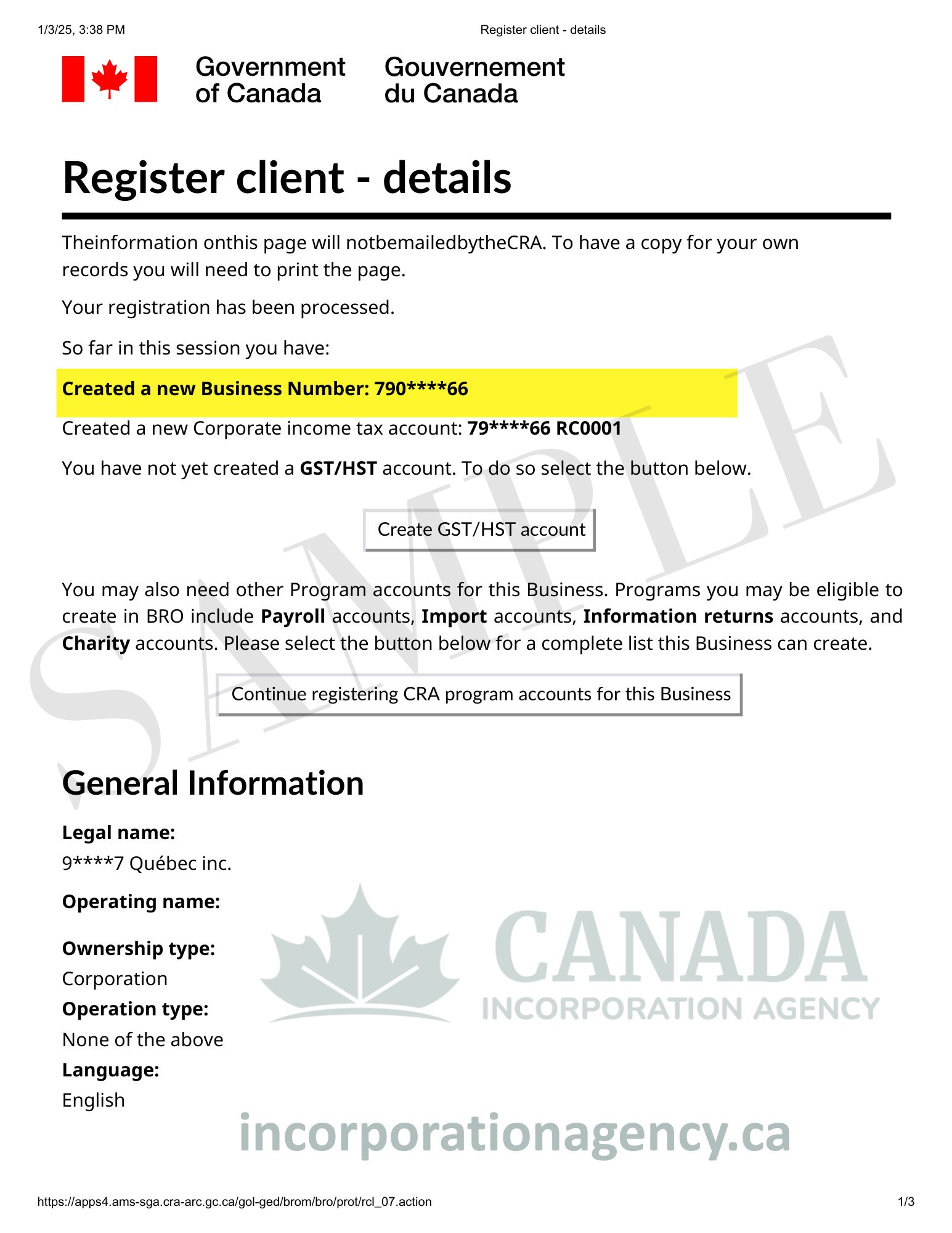Starting a business is exciting, a little nerve-wracking, and full of decisions that can shape your future success. If you’re dreaming of launching your company in the land of rugged coastlines, friendly communities, and some of the best seafood on the planet, you’ll need to know how to incorporate a business in Newfoundland.
Incorporation isn’t all about filling out forms—it’s about building the right foundation for your company. Whether it’s establishing a small boutique in St. John’s or creating an ambitious startup company, this guide takes you through step by step what incorporating actually is, how it works in Newfoundland, and how it compares to other business options.
Get yourself a coffee (or perhaps an earl grey tea), and let’s get in for all you need to know about business registration in Newfoundland.
Why Incorporate a Business in Newfoundland?
Before discussing forms and filings, let’s think why so many small entrepreneurs choose incorporation over simply registering a small sole proprietorship.
There are some actual practical reasons why incorporating in Newfoundland might be worth considering:
Limited Liability Protection: When you incorporate, your company is its own legal person. In other words, personal assets—your house, your car, your money—are safe in the event of the company getting into some kind of difficulty.
Tax Benefits: There’s generally lower tax for incorporated businesses compared to sole proprietors.
Credibility: Customers, suppliers, and investors are more serious about corporations. Having “Inc.” or “Ltd.” after your name makes a difference.
Easier to Raise Money: Should you ever wish to bring investors or secure business loans, being incorporated makes it so much easier.
Perpetual Existence: Unlike the sole proprietorships when the owner dies or retires, the corporations continue. It makes it simple for succession planning and selling your company later on.
Newfoundland Corporation vs Federal Corporation
Now let’s compare the provincial and a federal incorporation, so you can decide which one is better for you:
| Feature | Newfoundland and Labrador Incorporation | Federal Incorporation |
|---|---|---|
| Jurisdiction | Registered under the Newfoundland and Labrador Corporations Act. | Registered under the Canada Business Corporations Act (CBCA). |
| Geographic Scope | Legal recognition and name protection apply only within Newfoundland and Labrador. | Legal recognition and name protection apply across Canada. |
| Business Name Approval | Name checked and approved by the Registry of Companies (Service NL). | Requires a federal NUANS name search for national name protection. |
| Registration Process | File Articles of Incorporation with Service NL (Registry of Companies). | File Articles of Incorporation online through Corporations Canada. |
| Costs (Government Fees) | Provincial fees apply (generally lower than federal fees). | Slightly higher incorporation fees compared to provincial. |
| Annual Filings | Must file annual returns with Service NL to stay in good standing. | Must file annual returns with Corporations Canada plus extra-provincial registration in Newfoundland (and other provinces where business operates). |
| Administrative Workload | Easier and simpler if business operates mainly in Newfoundland and Labrador. | More complex—requires both federal and provincial compliance filings. |
| Recognition | Recognized primarily within Newfoundland and Labrador. | Recognized nationwide; often provides more credibility for larger businesses. |
| Expansion Potential | Must register as an extra-provincial corporation in each province if expanding beyond NL. | Already recognized across Canada but still requires provincial registrations in provinces of physical operation. |
| Best For | Entrepreneurs planning to operate mainly within Newfoundland and Labrador. | Entrepreneurs planning to expand nationally or operate in multiple provinces. |
Step-by-Step Guide: How to Incorporate in Newfoundland
Step 1: Decide on Your Business Name
It’s trickier than it seems. Your name must be:
- Original: It can’t be too much alike with the existing businesses in Newfoundland
- Descriptive: It should give people some idea of what you do
- Available: You must verify the name not being in use
You’ve got two choices here: select a numbered company (such as “3456789 Newfoundland Limited”) or select a named company. Most find a named company appealing because it’s more memorable and helps with branding.
Before you get in love with the perfect name, you’ll want to run a name pre-search . It checks Canadian business databases for available use of the name you’ve picked.
Tip: Think of 3-5 potential names before you begin. It may well turn out it’s already being used as your first choice. In any case, you don’t want to begin all over again.
Step 2: Prepare Your Articles of Incorporation
Articles of Incorporation act as the cornerstone of your Newfoundland limited company. The document contains the basic outline and the regulation of the corporation.
You’ll need to include:
- Business Name: Actual name you desire to register (with the words “Limited,” “Ltd.,” “Incorporated,” “Inc.,” ).
- Share Structure: How many shares you’re authorized to issue, what classes of shares exist, and any special rights or restrictions.
- Business Restrictions: Any restrictions on the company doing (most small businesses select “unlimited” in order to keep it loose).
- Number of directors: How many directors will sit on your board at a minimum of one in Newfoundland.
- Registered office address: An actual address at Newfoundland where documents will arrive (Has to be a physical address, not a P.O. box). In case you don’t have a physical address in Newfoundland, Canada Incorporation Agency can provide a registered office address for you.
- Incorporator information: Name and address of the person who files for incorporation
Don’t panic—there’s already a standard template available that guides you through all of this.
Step 3: Select Your Directors
Each Newfoundland corporation must have at least one director. Directors are responsible for managing the business and making major decisions.
Requirements for directors:
- Should be at least 18 years old.
- No Canadian residency requirement ( the directors don’t have to be the citizens of Canada or permanent residency holders).
- Can also be the same individual as the officer and shareholder.
For the majority of small businesses the owner just makes himself the only director. Simple.
Step 4: File Your Incorporation Documents
It’s time to go official. You’ll register your documents with the Newfoundland Registry of Joint Stock Companies. Canada Incorporation Agency will do it for you. All you need to do – fill out a simple form on our website. It will not take longer than 10 minutes. Our corporate filing agent will review your application and contact you to confirm everything is up to date. After that, he will create a draft and submit it with the Newfoundland Government.
Once it’s approved, you’ll get your Certificate of Incorporation by email. Well done—you’re now incorporated.
Step 5: Get Your Business Number
Once you incorporate in Newfoundland, you must register for the Business Number through the Canada Revenue Agency (CRA). It is the Canada Revenue Agency’s identification number for the company for tax purposes.
Use the Business Number for:
- Subscribe for GST/HST (when needed)
- Open payroll accounts (if applicable for you financially)
- Corporate tax returns filings
Step 6: Create Corporate Records
Your Newfoundland limited company must hold the right company records. These consist of:
Corporate minute book: A binder (physical or electronic) where all key corporation documents are kept.
Bylaws: Rules for how your corporation runs on the inside.
Share certificates: Documents showing who owns shares in the company
Minutes of meetings: Directory of director and shareholder meetings
Resolutions: Official decisions by directors or shareholders You may make them yourself using templates, have an attorney draw them up, or use this service as part of the package.
Step 7: Open a Business Bank Account
Now that you’re registered as a company, you must keep company finances entirely distinct from your personal finances. To set up for business bank account you generally require:
- Your Certificate of Incorporation
- Articles of Incorporation
- Business Number for CRA
- The Director and signing authority identification
- Bylaws and corporate resolutions
Shop around—business banks vary their features and charges for business bank accounts. Try to find one with small fees per month, decent internet banking, and decent small business assistance.
FAQs About Incorporating in Newfoundland
Q1: How much does it cost to incorporate in Newfoundland?
Government fees are a few hundred dollars, plus any professional service fees.
Q2: How long does incorporation take?
If you file online, it can be done within days. Paper filings take longer.
Q3: Do I need a physical office in Newfoundland?
Yes, your corporation must have a registered office in the province.
Q4: Can one person incorporate a business?
Yes, you can incorporate with just one director and shareholder.
Q5: What’s the difference between incorporating provincially and federally?
Provincial incorporation (in Newfoundland) protects your name only within the province. Federal incorporation gives nationwide protection but requires extra steps to register in each province.
Conclusion
Now that you know how to incorporate a business in Newfoundland, you’re one step closer to bringing your dream to life. Incorporation might sound intimidating, but using a private registry like Canada Incorporation Agency will save you time and money, and also protect you from filing it incorrectly. Contact Canada Incorporation Agency today, and our professional filing agents will incorporate your Newfoundland corporation within a few business days, and email all the registration documents to you.



